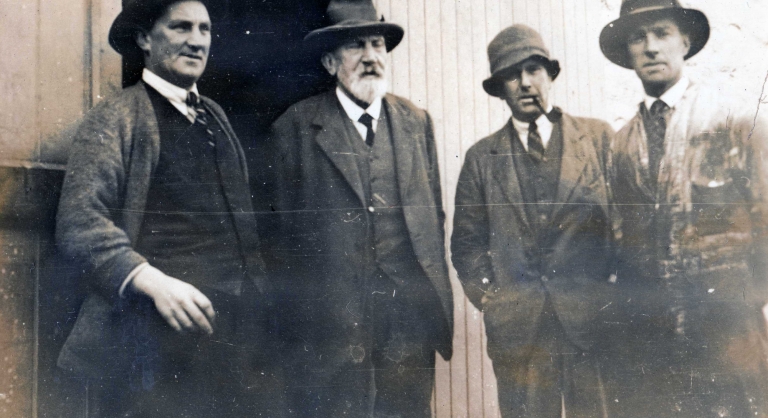The Redstones Versus the IRS: Intra-family Transfers
The facts and history leading up to this recent Tax Court case date back to 1959 and although specific to the Redstone family, this scenario is far too common in closely held businesses.
Summarized as briefly as possible, the facts are: Patriarch Michael “Mickey” Redstone, and two sons, Sumner and Edward formed a business called National Amusements, Inc. (“NAI”). Each party contributed property to NAI in varying amounts with Mickey contributing approximately 48% of the capital, and Sumner and Edward contributing about 26% each. Notwithstanding their unequal contributions, each of Mickey, Sumner and Edward received 100 shares of common stock in NAI.
As the business became more profitable and successful, Sumner’s role in the business increased whereas Edward’s role remain largely unchained, which caused stress within the family. Eventually the family harmony broke and Edward quit the business and demanded his shares in NAI be repurchased at a specific rate.
Mickey contested the demand and refused to repurchase. In response, Mickey claimed that Edward’s 100 shares were actually partially owned by Edward and partially held in an oral trust for the benefit of Edward’s children. Mickey’s theory was that Edward contributed 26% of the capital but received a 33.3% share of the NAI’s stock, therefore, the additional 7.3% shares of NAI he received were a gift from Mickey to his grandchildren.
Each party filed suit against the other, but it was eventually settled out of court. The Settlement Agreement required Edward to transfer one-third of his shares in NAI to an irrevocable trust for the benefit of his children. His remaining shares were repurchased by the company. Unrelated to the Settlement Agreement, Sumner transferred one-third of his shares in NAI to an irrevocable trust for the benefit of his children three weeks later. Neither Edward nor Sumner filed gift tax returns in 1972 when the transfers occurred.
In 2010, the IRS assessed gift tax deficiencies against both Sumner and Robert in the amount of $737,625.
Edward argued that his transfer of shares to an irrevocable trust was not a taxable gift because it was made in the ordinary course of business as part of the settlement of litigation. The Tax Court agreed, and held that no gift occurred from Edward’s transfer because the transfer was made in exchange for Mickey’s release of the “oral trust” claim he asserted against Edward’s NAI shares.
Sumner was not as fortunate as his brother. Sumner, although his shares were not subject to the litigation between his father and brother, asserted that his transfer of NAI shares to an irrevocable trust for his children was directly related to the Settlement Agreement and was necessary in order to facilitate the settlement between his father and brother. The Tax Court disagreed, holding that there was no bona fide claim made against Sumner’s shares, therefore he did not receive any “release of claim” or anything that could be considered full and adequate consideration for the transfer.
The moral of the story: families need to be careful when conducting these intra-family transfers.
Categorized: Family Business



